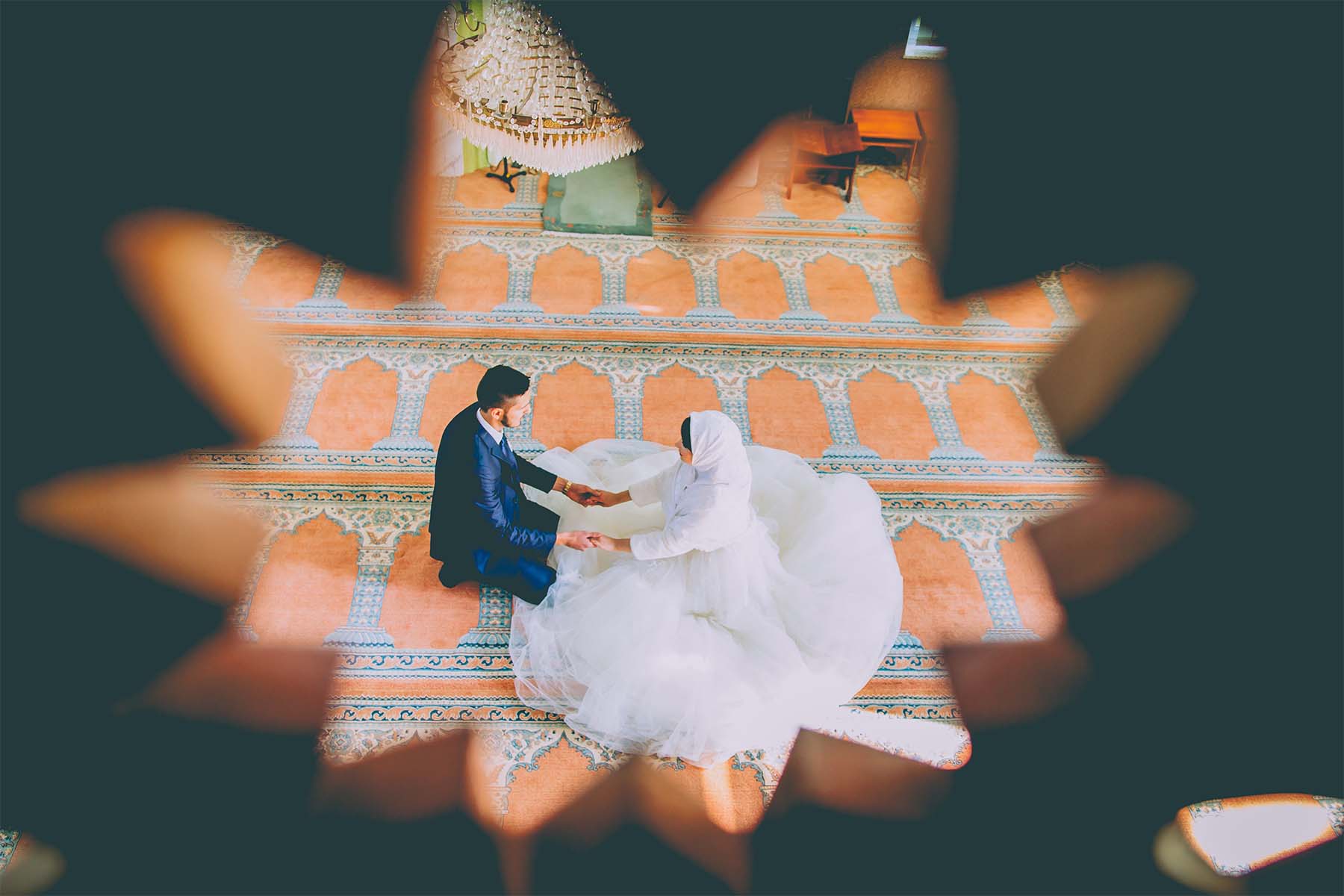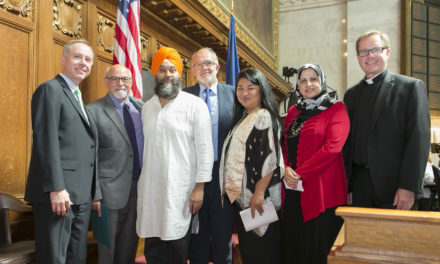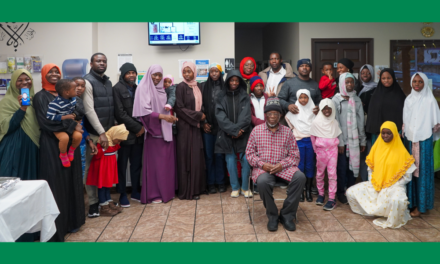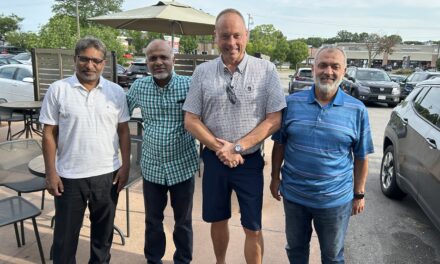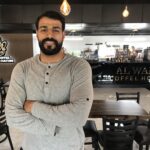On Friday, October 18, Shaykh Noman Hussain, the religious director of ISM West, Masjid al-Noor, gave a twenty minute khutbah on the subject of abuse in the Muslim family. October is Domestic Violence Awareness Month, and the Imam’s sermon to almost 2000 attendees was in collaboration with a new community organization that has been working for almost a year, Our Peaceful Home, a “culturally specific domestic violence program for Muslim families.”
As Imam Hussain said, in October, it is “incumbent” on members of the community to “dedicate a significant amount of time raising awareness regarding domestic violence and domestic abuse.”
But though this may be true, the subject of Imam Hussain’s talk was still a new one for much of the Muslim community. “One of the sad realities is that an illness that exists in many communities and many cultures has also found its way into the beautiful teachings of Islam,” Imam Hussain said.
Basema Yasin, the coordinator and advocate for Our Peaceful Home, who has been doing outreach in the community, explained that the organization is “one of five different culturally specific programs” in the Milwaukee area. These include the Latina Resource Center located at UMOS on Chase Street, which has also served Muslim women, ASHA which serves mainly African American women including some who are Muslim, and HAWA, the Hmong American Women’s Association, where Rohingya women have felt comfortable bringing their domestic violence concerns.
Yasin said about OPH, “We want to get out the message that we are here as allies. We are here so we can all work as one. Everyone’s goal is to have peace in their homes.”
OPH has reached out to imams and leaders of all nine mosques in the Milwaukee area, including the Dawah center and Masjid Mubarak at 12th and Oklahoma, where the Rohingya community gathers for prayer, as well as to the administrators of Salam School. “Basically they are the front line, they would be the ones that, when there are incidents of domestic violence in the family, the women would reach out to them” Yasin said.
Though domestic violence may be a new topic for some, Imam Hussain had obviously given it thought, especially in its connection to the Muslim home. “Truth is very objective in Islam,” he said. “Rights must always be upheld. . . You know if your marriage is successful if you find peace in your marriage, if you find sakina in your marriage, when you enter into your home and look at your spouse, you feel that the worries of the world are now behind you.”
But though this is the ideal, for many families in the community, particularly refugees victimized by the trauma in their homelands, it is not the day-to-day experience. Janan Najeeb, community organizer and founder of the Milwaukee Muslim Women’s Coalition, saw a lack of domestic violence services in the Muslim community and founded Our Peaceful Home under the MMWC umbrella of organizations.
“Unfortunately no community is immune to domestic violence,” Najeeb said. “We have found that some of the immigrants and refugees, particularly those who have come from traumatic situations like the Rohingya (a Muslim minority in Myanmar), who faced constant violence and brutal ethnic cleansing, have not had the opportunity to process their trauma, and sometimes this manifests as violence in the home.” Najeeb compared the situation to the now well-recognized phenomenon of PTSD.
Our Peaceful Home recently received a grant from the DCFS to work with refugee communities facing the threat of domestic violence. “Our expertise working with the Muslim community, particularly as a women’s organization, makes us well placed to run this program,” Najeeb said.
In a phone interview, Basema Yasin pointed out that the “issue has always been there, whether it was dealt with or not. We do have Muslim kids in the foster care system.” OPH is currently working with a Muslim family to help them become licensed foster care providers. If shelter services are needed, the organization has funds to place women in hotels. “We do have men in jail right now. It’s been there,” Yasin said of domestic violence, though prior to the founding of OPH, it had not been dealt with in “an organizational way. People within the Muslim family would try to be mediators, [even] when they’re not equipped.”
But most importantly, there is now an organization where women in the Muslim community can find help and answers. If there are concerns about domestic violence, as Imam Hussain said, “Seek help.”
Mufti Hussein Kamani, a visiting imam, was equally forceful in his khutba, “You may need to seek help against yourself, if you’re the abuser. And if you’re the abused, there is nothing wrong at all with seeking assistance. Anyone that tells you . . .that there is virtue in staying silent while you’re being abused, is absolutely wrong.”
Contact Our Peaceful Home at the Islamic Resource Center by calling Basema Yasin at 414-727-1090 or emailing byasin@mmwconline.org.
